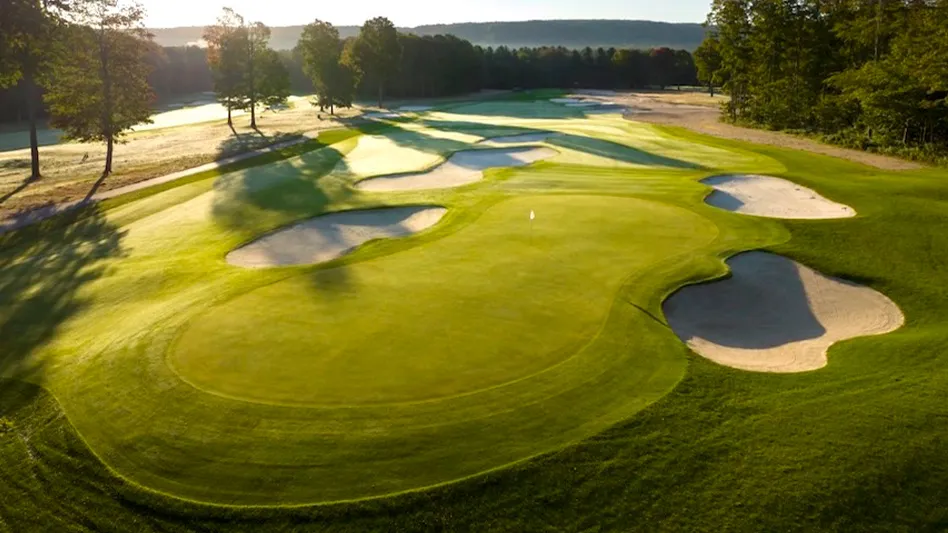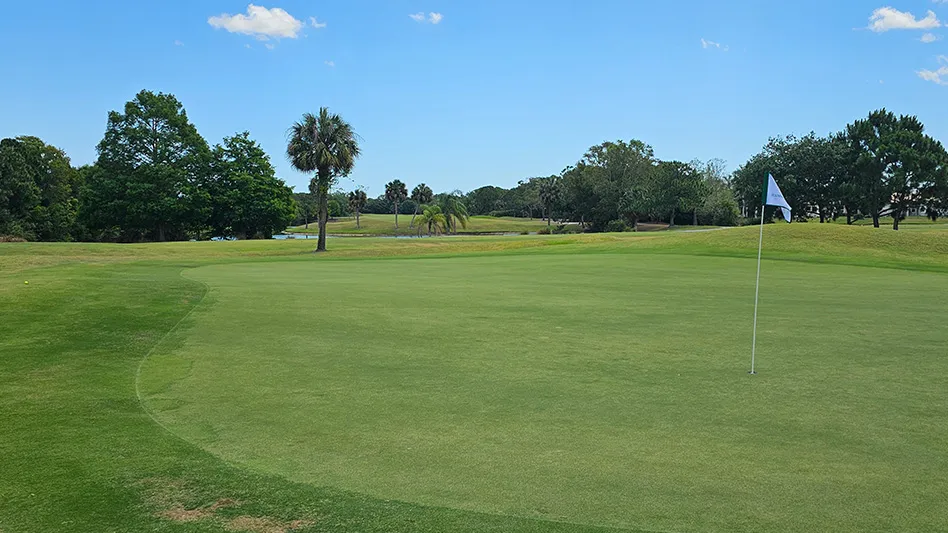

Brand names have been around for as long as consumers have been making purchases. Although there are multiple brands of the same product, there are always those brands that rise above all others when it comes to consumer trust.
When I was growing up, Fram Oil Filters were considered the top of the line. They had a commercial with the catch line, “You can pay me now, or pay him later.” Him referred to the mechanic you would eventually pay bigger dollars to when your car needed repairing because you used a cheaper brand oil filter. Marketing genius.
When my wife and I settled in Lexington, Kentucky, earlier this year, the house we purchased needed a little work. OK, it needed a lot of work, some of which is still ongoing more than four months after closing. Yes, we changed paint colors, light fixtures, and made other cosmetic alterations to suit our personal tastes. We also had to replace items that weren’t just out of date or style — they were in dire need of replacing.
We’ve installed a new roof, gutters and downspouts, new windows, and new hardwood floors on the main level. The kitchen was totally gutted because it wasn’t functional and, to be honest, was dangerous. The basement floor is next on the list and may very well be completed by the time you’re reading this.
My late grandfather used to say, “You shouldn’t ask if anything needs to be done, there is always something needing to be done around here.” And my wife has recently been saying, “The previous owners didn’t love this house, they just lived in it.” She is right. You must give your home love and attention so it can provide the shelter and protection you and your family desire. You can’t live in a home safely if you keep deferring necessary maintenance.
Sound familiar? The same is true for golf courses. We all tout to our members, owners, and/or boards and committees that golf courses are living, breathing things. Like my grandfather’s house, something always needs doing at the golf course to keep things maintained.
Last month here at my new club we started a fairway bunker project. This was a continuation of a project initiated by my predecessor the prior year where they completed all greenside bunkers in conjunction with green surrounds and tee surrounds.
Our project this year involves removing all the old grasses from the bunker faces and shoulders, finding and re-establishing the true bunker edge, inspecting the drainage, removing old sand, installing new grass, and installing new sand.
Bunkers aren’t living aspects of a golf course, but they can behave like one. Over time, if not addressed, the edges of bunkers may wander and shift, as if they were adrift on the tides. The high edge becomes higher from mechanical edging as operators apply pressure and remove just a bit too much from time to time.
The low edge can become overgrown as grass overtakes the shifting sands. Bunkers always raked by pulling sand toward the back edge creates a buildup that grasses will overgrow. Periodically peeling back the layers and finding the true edge helps maintain bunker integrity and performance.
Many aspects of a golf course have a useful life expectancy and paying attention to how the components of your golf course’s infrastructure are aging is an important aspect to your role as superintendent. Irrigation, drainage and bunker sand are just the tips of the iceberg. There’s so much to do each day above and beyond the daily mowing routines to ensure the golf course is performing at the highest level.
Next time you find yourself sitting across the table from your committee or the board requesting funds for capital improvements, you may want to remind them that deferring maintenance will be more costly down the road. Like the Fram Oil Filter guy, if you don’t make the investment to keep up the features and infrastructure of the golf course in some capacity on a continuous basis, you will eventually spend more money to repair or replace it later.
In other words, later is today in some cases. Be a good homeowner and a good superintendent by being a good steward looking after both environments. Pay close attention to things that look, smell or sound out of place, and don’t ignore the signs of something needing repair. Take care of your course and it will take care of you.

Explore the September 2023 Issue
Check out more from this issue and find you next story to read.





